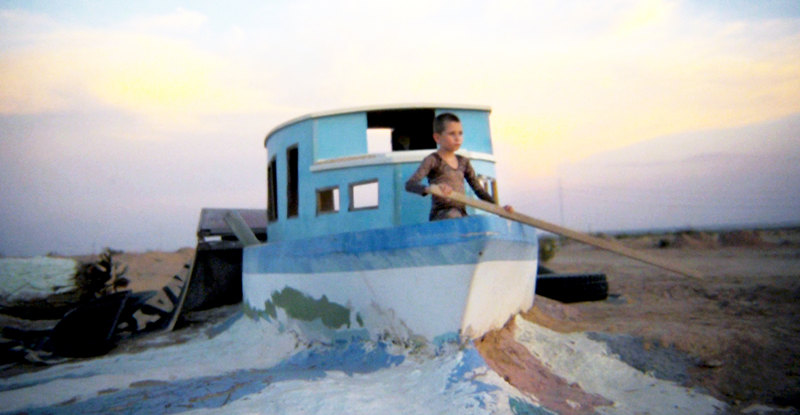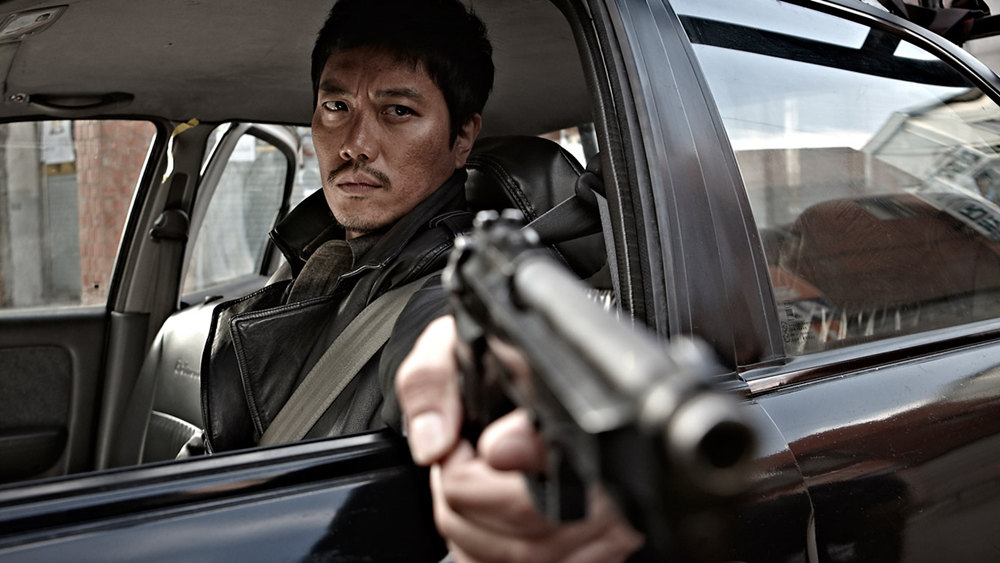I’m a sucker for all things medieval. That period in history fascinates me as much as the Roman Empire or the Wild West. Knights, ladies, castles, codes of honor, jousts . . . it’s all so essentially romantic that Sir Walter Scott didn’t have to dip his pen in too much purple to be able to write Ivanhoe.
And I mention “Ivanhoe” because “Arn: The Knight Templar” has more in common with the 1952 film adaptation than it does anything more contemporary. That’s because it’s a slower-paced drama that puts the characters ahead of the action. Filmed on location at real castles in Sweden and Scotland, with Holy Land footage shot in Morocco, “Arn: The Knight Templar” is based on the first two novels in a trilogy by Jan Guillou. It’s about a fictional Swedish knight who is sent to the Crusades to serve penance for having a child out of wedlock. And the woman? No scarlet letter for her. She’s sentenced to 20 years or half her natural life at a convent.
The Middle Ages were also called the Dark Ages because of an anti-intellectualism that plagued Europe as much as the Black Death. For peasants, life was a tawdry affair at best; for nobles, the price of living well came at the risk of feuds with rival clans, take-over attempts, and the threat of invasion by neighboring warlords and kings. What’s fascinating about “Arn” is that, like “The Name of the Rose,” we get a glimpse into another facet of medieval life: the convents and the world of second-tier nobility who seem to predate the rise of a middle class. They have titles and they are among a small circle of men who plan for invasions (or how to defend them), but they are also not men of unlimited means. Algot Palsson (Donald Högberg), for example, has two daughters of marriageable age but only the money to pay for one dowry.
There’s a “Romeo and Juliet” element to “Arn” that we don’t usually see in period films of this sort. When Arn Magnusson is sent by his father (Michael Lyqvist) to study at the monastery after God had answered their prayers and saved the boy after a fall, Arn catches a glimpse of a young woman singing in a convent choir. Cecelia Algotsdotter (Sofia Helin) is from the Sverker clan; Arn, the Folkungs. So premarital sex aside, these two already had obstacles and challenges—but no more than Knut (Gustaf Skarsgard), Arn’s boyhood best friend, whose father was the leader of the Folkungs and who claimed to rule over all of Gothia (including the Sverkers). When his father is killed and the Sverkers take power, Knut’s life also takes a turn, as he’s claimed and reared by another.
“Arn” may not have the swordplay to satisfy hardcore swashbuckler fans, and there are no dragons or wizards to appease fantasy-lovers. But it does have bare breasts and beheadings . . . two of each, as a matter of fact. And it offers characters that we quickly come to care about. Though the total run-time is 265 minutes, it feels leisurely paced but never plodding. For that, credit the screenplay that not only gives us a cast of main characters, but goals for each, and interpersonal relationships that affect not only their lives, but the lives of others.
Like any movie or miniseries that deals with a specific time in history, “Arn” offers a blend of the real and made-up. One of the main battles is based on the Battle of Montisard, which was fought in 1177 when a Christian force went up against the much-larger army of Saladin—played by Milind Soman in “Arn.” There’s a “Dances Like Wolves” element to Arn, insomuch as the title character respects his enemy enough to learn his language and read his sacred Koran. Sworn to protect pilgrims en route to the Holy Land, he takes his duty seriously—even if it means protecting Muslims who are beset by robbers. That, of course, earns him special status with Saladin—as happened for one knight in Scott’s The Talisman.
“Arn” is a solid film that ought to be a welcome addition to any medieval movie collection. The cinematography, screenplay, and acting are all strengths.
Video:
“Arn” looks very appealing in HD, with an AVC/MPEG-4 encode delivering a quality video presentation in 2.35:1 aspect ratio. Colors are nicely saturated, and the grain is subtle enough so that viewers can appreciate both the texture and the high level of detail in every frame. Some of the desert shots can look a little soft, but for the most part the exterior sequences are the film’s strength. You feel like a visual pilgrim tagging along. In a number of scenes you consciously realize the 3-dimensionality that the film in HD projects. Edge delineation is superior, creating a nice depth.
Audio:
The featured audio is an English DTS-HD MA 5.1 that really fills the room. Apart from a couple of battle scenes and some musical cues, there really isn’t much call for deep bass. But when those moments come, there’s a nice resonance. The tonal quality is superb, with bright high notes and a mid-range that’s nearly as crisp. I say “nearly” because the film confusingly shifts language gears. One minute we’re in Swedish, then English, then Arabic, French, or Latin. When the film transitions into another language, sometimes there’s a loss of tonal quality and it has to build up again.
I will say this, though. I wish that E-One had included an English subtitle option. The only subtitle option we have is an English SDH, and frankly it takes some adjusting to have to keep reading things like “crowd murmuring” or “birds chirping.”
Extras:
Two Swedish behind-the-scenes featurettes are included, which run roughly 20 minutes each. It turns out that this 2010 TV miniseries was edited from two theatrical films, “Arn: The Knight Templar” (2007) and “Arn: The Kingdom at Road’s End” (2008). I like the flow, but I also wonder what was cut. Will I be the first in line to get the unedited version when it comes out? No. But I’ll be in line.
Bottom line:
“Arn” is an epic film insomuch as we follow his life from age 5 to 60, but as it intertwines with the fate of his people and the events that defined their times. It’s a rewarding journey, as long as you don’t buy or rent this looking for “Kingdom of Heaven” action or “Dragonheart” mysticism. “Arn” is an interesting drama that falls somewhere between the real and the romantic.


